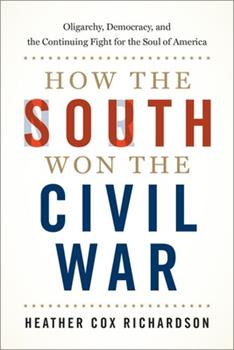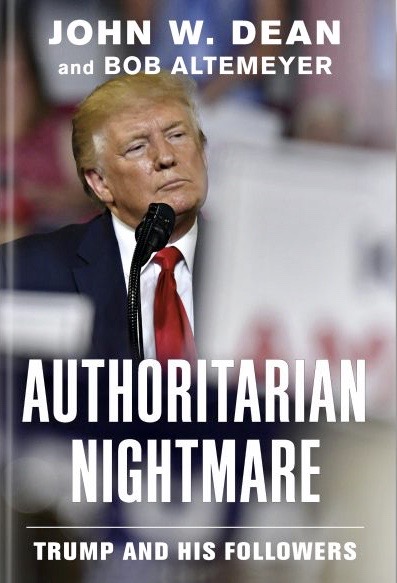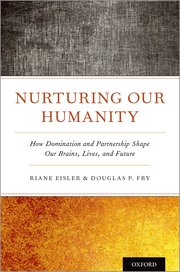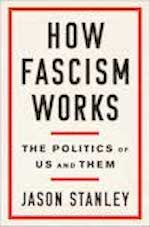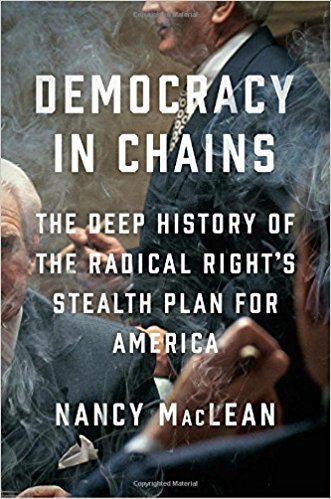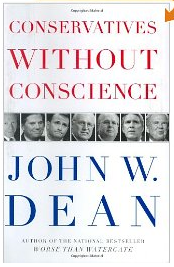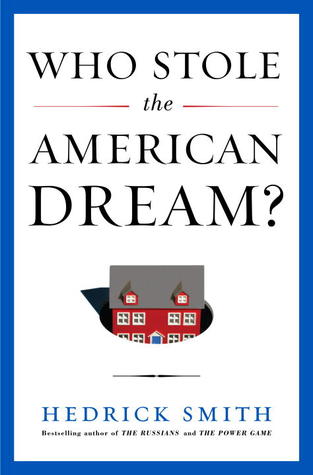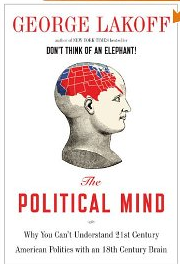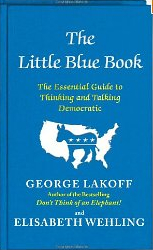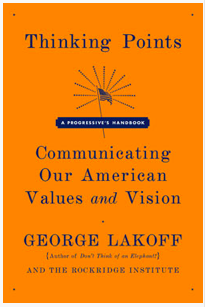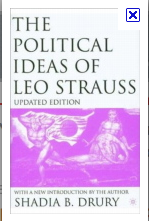In early November, 2007, I wrote, “I believe this nation will only survive as a republic by upholding all the extraordinary and very thoughtful measures our Founding Fathers of the late 1700s established in our Constitution. I also believe, as they did, that, ‘we the people’ are the foundation of the process and that if we fail to do our part, the entire system will devolve into a dictatorship.” This posting expands on that by summarizing the influence of the Federalist Society on GWB’s administration and its promotion of the unitary executive.
The Federalist Society (FS) is an organization that is working to move this nation closer to a dictatorship or at least to a federal government that shifts significant power to the executive branch of government. The quote most often associated with the FS is from Federalist Paper Number 78 by Alexander Hamilton,”It can be of no weight to say that the courts, on the pretense of a repugnancy, may substitute their own pleasure to the constitutional intentions of the legislature…. The courts must declare the sense of the law; and if they should be disposed to exercise WILL instead of JUDGMENT, the consequence would equally be the substitution of their pleasure to that of the legislative body.” In today’s vernacular, Hamilton was concerned about “activist judges.”
What are some of Mr. Hamilton’s other beliefs? Some of these can be glimpsed from what he sought to make part of our Constitution during its creation. Here is a brief summary from Wikipedia:
Early in the Convention he [Hamilton] made a speech proposing what was considered a very monarchical government for the United States …. Based on his interpretation of history, he concluded the ideal form of government had represented all the interest groups, but maintained a hereditary monarch to decide policy. In Hamilton’s opinion, this was impractical in the United States; nevertheless, the country should mimic this form of government as closely as possible. He proposed, therefore, to have a President and elected Senators for life. He was also for the abolition of the state governments. Much later, he stated that his “final opinion” in the Convention was that the President should have a three year term. The notes of the Convention are rather brief; there has been some speculation that he might have also proposed a longer, and more republican, plan.
During the convention, he constructed a draft on the basis of the debates which he did not actually present. This has most of the features of the actual Constitution, down to such details as the three-fifths clause, but not all of them. In his draft, the Senate was to be elected in proportion to population, being two-fifths the size of the House, and the President and Senators were to be elected through complex multi-stage elections, in which chosen electors would elect smaller bodies of electors; they would hold office for life, but were removable for misconduct. The President would have an absolute veto. The Supreme Court was to have immediate jurisdiction over all suits involving the United States, and State governors were to be appointed by the Federal Government.
So, in addition to being concerned about activist judges, Mr. Hamilton also supported a strong executive. An executive not unlike the one we have watched grow with GWB. This strong executive is referred to as the “unitary executive.” Here is a summary of the theory of unitary executive from Wikipedia:
- Creates a hierarchical, unified executive department under the direct control of the President
- Limits to the power of Congress to divest the President of control of the executive branch
- Would put all independent agencies such as the FCC, FTC, SEC, FEC, etc. under the executive branch
This brief summary also included the following statement, “The theory has been associated with conservative legal thought and members of the Federalist Society (FS).”
Add to this strong desire by the FS for a unitary executive the following links between GWB and the Federalist Society:
November 2007 – GWB provides keynote speech at the 25th Anniversary of the Federalist Society
June 2007 – David Addington, chief of staff and former legal counsel to Vice President Dick Cheney, asserted that the vice president is exempt from oversight by the Information Security Oversight Office.
May 2007 – Bush moves to institutionalize the unitary executive
November 2006 – Dick Cheney speaks at Federalists Society annual convention.
January 2006 – Samuel Alito, appointed by GWB to replace Sandra Day O’Connor, has been a supporter of the unitary executive for years
April 2007 – Department of Justice list shows membership in Federalist Society may have affected firing of eight U. S. Attorneys by the GWB
September 2005 – Chief Justice John G. Roberts, former member of Federalist Society, appointed by GWB
November 2004 – The then Attorney General John Ashcroft addresses the Federalist Society as a member.
2001 to 2003 – John Yoo, an active member of The Federalist Society, worked with John Ashcroft and developed the Yoo Doctrine or unitary executive theory
2001 to 2007 – GWB uses signing statements to implement the unitary executive
And to this, add a list of FS members and their GWB job titles:
- Spencer Abraham (Secretary of Energy)
- Alex Acosta (Deputy Assistant Attorney General)
- John D. Ashcroft (Attorney General, joined teaching staff at Pat Robertson’s Regent University)
- William Barr (appointed Attorney General by President George H. W. Bush in 1991, advocate for phone companies)
- Bradford Berenson (Associate Counsel to the President)
- Robert H. Bork (Nominated by R. Reagan for Supreme Court in 1987, AEI scholar, helped found FS, fired Archibald Cox – Watergate prosecutor.)
- Ralph Boyd (Assistant Attorney General)
- Jay Bybee (Circuit Judge, U.S. Circuit Court of Appeals, 9th C., worked with John Yoo on ignoring Geneva Conventions)
- Linda Chavez (GWB’s first nomination for Secretary of Labor, Fox News Political Analyst, argued that “liberal politics” were aiding terrorism)
- Michael Chertoff (Assistant Attorney General, addressed FS along with Cheney in 2006)
- Jeffrey Clarke (Deputy Assistant Attorney General)
- Paul Clement (Principal Deputy Solicitor General)
- Daniel Collins (Associate Deputy Attorney General)
- R. Ted Cruz (Associate Deputy Attorney General)
- Viet Dinh (Assistant Attorney General)
- John Engler (former Governor of Michigan)
- Noel Francisco (Associate Counsel to the President)
- Sarah Hart (Director, National Institute of Justice)
- Orrin Hatch (Senator, co-chair with Bork on FS Board of Visitors)
- Brian Jones (General Counsel, Education Department)
- Brett Kavanaugh (Associate Counsel to the President)
- William Kristol (Editor and publisher of the political magazine The Weekly Standard, son of Irving Kristol grandfather of the neocons)
- Edwin Meese (Attorney General for R. Reagan, Iran-Contra Affair, Roe v. Wade litmus test for judicial nominees)
- Charles Murray (author of The Bell Curve)
- Gale Norton (Secretary of the Interior, notable for her laissez-faire attitude toward environmental issues)
- Ted Olson (Solicitor General, wife Barbara is founding member of Independent Women’s Forum)
- Thomas Sansonetti (Assistant Attorney General)
- Antonin Scalia (Associate Justice, U.S. Supreme Court)
- Eugene Scalia (Solicitor, Department of Labor)
- Kenneth Starr (Starr Report led to Clinton impeachment, currently defending Blackwater)
- Larry Thompson (Deputy Attorney General)
- Edward Whelan (former Principal Deputy Assistant Attorney General)
- John Yoo (former Deputy Assistant Attorney General, Office of Legal Counsel, visiting AEI scholar, supports secret eavesdropping, worked closely with David Addington – Cheney’s chief of staff)
Combine the administration’s FS pro unitary executive lawyers with the neocons from AEI and Center for Security Policy and the 150 lawyers from Pat Robertson’s Regent University and you have all the enabling a dictator needs.
Here is a long list of the right-wing who’s who in GWB’s administration.
The transition from three coequal branches of government to a unitary executive has been progressing at an increasing rate. It may not finalized by GWB, but it could very well happen with the next right-wing authoritarian president.




